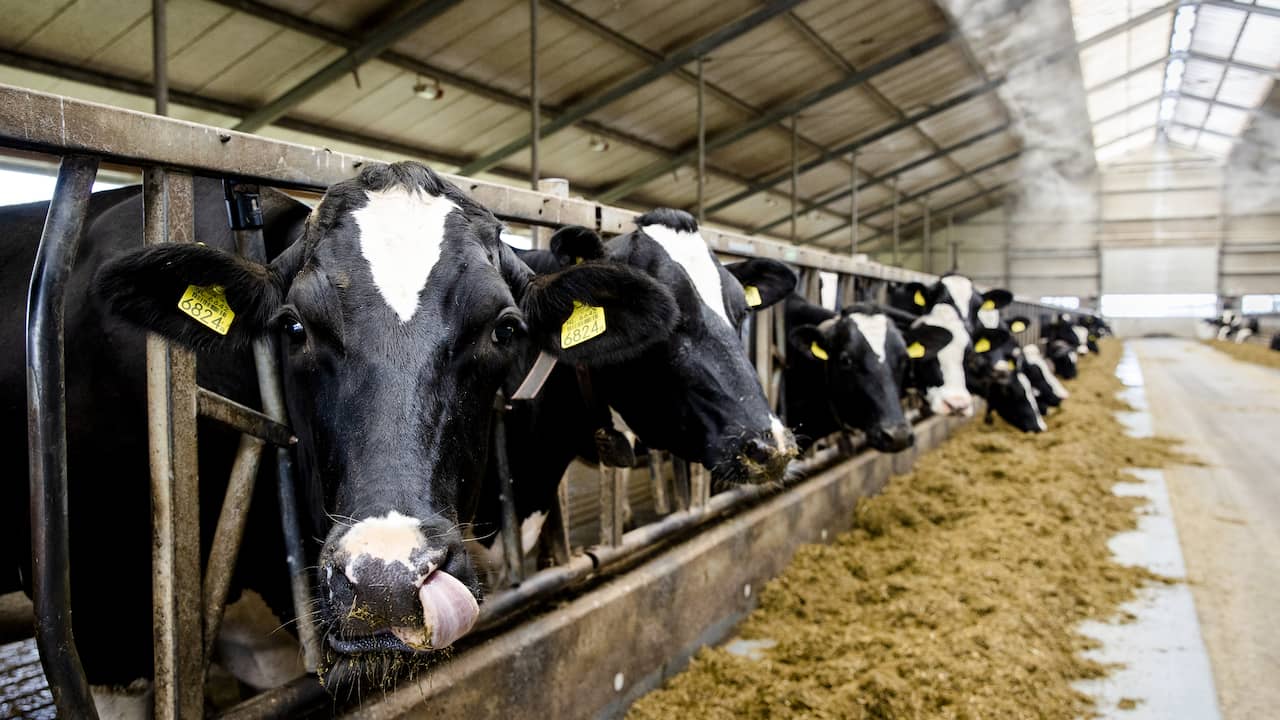Farmers shift from livestock to arable farming. This is the first option to reduce nitrogen emissions in the Netherlands, said Minister Christianne van der Wal (Nitrogen). de Volkskrant. But it is still unclear for which farmer this is feasible and who will pay for such a change.
The farmers organization LTO Nederland agrees that there are farmers for whom the option can offer a solution. “But there are obstacles. For example, the soil is not at all suitable for growing arable land everywhere. Grass grows for dairy farms, for example, but other crops are more difficult.”
This is confirmed by PPP-Agroadvies, an organization that helps milk producers. “The soil may suddenly not be suitable for arable farming. For example, peat soil is too wet and too low to allow for arable farming,” explains spokeswoman Linda Brouwer.
It means, among other things, that farmers in the West Netherlands and West Frisia will almost certainly not be able to take advantage of this option. “You can only grow weed there,” assures Brouwer.
It is not clear who pays for the redevelopment and the new machines
Farmers must also want to make the switch, continues the LTO spokesperson. Emphasize that this is a completely different method. Many farmers will need additional training and other machines.
It is still unclear who would pay for it. LTO Nederland sees “ambitions” in the government’s plans to stimulate the development of farmers. A spokesperson for the Ministry of Nature and Nitrogen mitigates this expectation. “No firm agreements have yet been made. The government doesn’t always have to be ready with the wallet if a change is needed. This is also part of entrepreneurship.”
More land is needed when switching from livestock to crops
Brouwer sees another delicate point. Farmers, for example, need much more land to make the same income from arable farming as they do with farming. “And they will have to learn to harvest more crops, to monetize their land all year round.”
LTO Nederland stresses that farm adaptation is not the only option to reduce nitrogen emissions. The cabinet also suggested relocating and innovating farms. In addition, there are smaller techniques that reduce nitrogen emissions, such as fertilizing the soil differently. “We think the biggest solution lies in innovation.”
The Ministry of Nature and Nitrogen acknowledges in a response to NU.nl that the first option is not suitable for all farmers. Partly for this reason, it is not expected how many farmers will use the option. “It depends, among other things, on which land is present, but not all farmers can make this change everywhere.”
What does the farmer himself think of the solution?
- NU.nl spoke with farmer Leo. He is a dairy farmer from Lemselo in Twente.
- Leo: “I will need more land to cope with the change. Otherwise I will not keep my income. Here in Twente there are many farmers with small plots. They need more hectares.”
- He acknowledges that he does not have sufficient knowledge of growing all crops. He will also have to replace some of his cars. “I won’t need hay balers anymore.”
- The farmer foresees another problem. “My contractors will also need to gain different knowledge in the event of a change. If I had to adapt my business operations, I suspect it would take about three years.”


